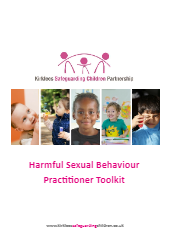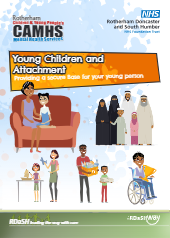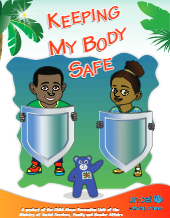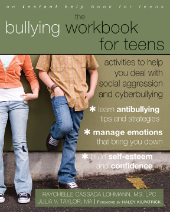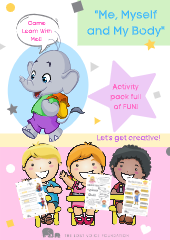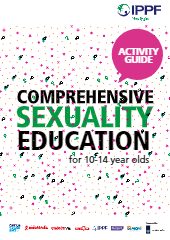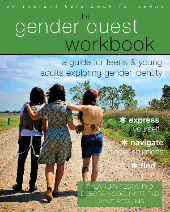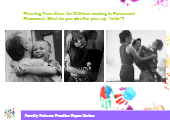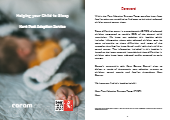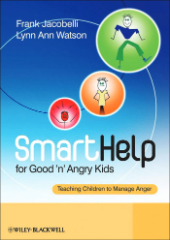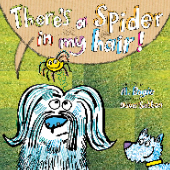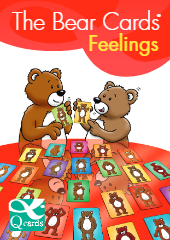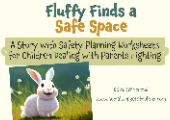Harmful Sexual Behaviour Practitioner Toolkit & Activity Sheets for Direct Work with Children
The Harmful Sexual Behaviour Practitioner Toolkit, developed by Kirklees Safeguarding Children Partnership, is a comprehensive resource designed for professionals who work with children, young people, and families. This toolkit is…
Young Children and Attachment: Guide for Parents/Carers to Provide a Secure Base
“Young Children and Attachment: A Guide for Parents and Carers to Provide a Secure Base” is an essential resource developed by Rotherham Children & Young People’s CAMHS, aimed at enhancing…
Keeping My Body Safe from Abuse and Neglect: Children’s Guide
This guide is designed to educate children on the critical subjects of abuse and neglect, empowering them with the knowledge to recognise and respond to unsafe situations. This guide covers…
Your Brilliant Brain: A Book for Children/Teens about Complex Childhood Trauma
“Your Brilliant Brain: A Book about Complex Childhood Trauma” is an enlightening, beautifully illustrated book designed to help children understand the effects of complex childhood trauma on their brain and…
Personal Safety Workbook for Children: Understanding Boundaries and Staying Safe
The “Personal Safety Workbook for Children: Understanding Boundaries and Staying Safe” is a thorough educational tool designed to help children understand the importance of personal safety, with a focus on…
How to Talk to Children about Flight, Fight and Freeze Guide for Parents & Professionals
“How to Talk to Children about Flight, Fight, and Freeze” by Billy Brodovsky and Kate Kiernan is a comprehensive guide aimed at helping children become trauma-informed. It shifts the perspective…
It’s Okay to Be Different: Storybook Celebrating Diversity and Acceptance
“It’s Okay to Be Different” by Todd Parr is a wonderfully inclusive and accessible children’s book. In simple and clear language, it celebrates diversity and encourages acceptance of differences. The…
The Bullying Workbook for Teens: Activities to Help You Deal with Social Aggression and Cyberbullying – Free Book
“The Bullying Workbook for Teens: Activities to Help You Deal with Social Aggression and Cyberbullying” is a comprehensive resource designed to help teenagers understand and respond to bullying. It focuses…
How Do You Want Your Kids to Remember You: A Workbook For Fathers Who Have Harmed Their Partners and Families and Want to Change
“How Do You Want Your Kids to Remember You?A Workbook for Fathers Who Have Harmed Their Partners and Families and Want to Change” is a detailed and transformative guide designed…
Sessions Plans & Worksheets for Professionals Working with Child to Parent Violence
The Tandem Toolkit is an essential resource for professionals and practitioners addressing the complex issue of Child to Parent Violence and Adolescent to Parent Violence. This comprehensive toolkit is designed…
Me, Myself and My Body: Free Activity Pack to Learn about Personal Safety
“Me, Myself and My Body: Free Activity Pack to Learn about Personal Safety” is a creatively designed activity pack that focuses on teaching children about body autonomy and safety in…
Comprehensive Sexuality Education for 10-14 Year Olds: Activity Guide
The “Comprehensive Sexuality Education for 10-14 Year Olds Activity Guide” is an educational resource designed to provide comprehensive sexuality education to young adolescents. Developed with the support of IPPF, this…
Free The Gender Quest Workbook: A Guide for Teens and Young Adults Exploring Gender Identity
“The Gender Quest Workbook: A Guide for Teens and Young Adults Exploring Gender Identity” is an insightful and supportive resource designed for young people who are questioning or exploring their…
The Big Book of Social Stories – Stories for Everyday Life
The book “The Big Book of Social Stories” by Morgan Gillum is a resource aimed at helping individuals, particularly those with autism, navigate everyday social situations. It provides a collection…
Planning Transitions for Children moving to Permanent Placement: What do you do after you say “hello”?
The guide from Family Futures centres on the transition process for children moving into permanent placements such as adoption. It highlights the connection between positive beginnings and successful long-term outcomes…
Helping Your Child Sleep: Guide for Adopters & Foster Carers
The “Helping your Child to Sleep” booklet by Kent Post Adoption Service is a resource aimed at assisting families with adopted children who are struggling with sleep. It acknowledges the…
Parenting from a Distance: Guide for Separated Parents Who Live Away from Their Children
“Me and My Kids: Parenting from a Distance” is a practical guide for separated parents who spend a lot of time away from their children, often due to separation, divorce,…
Changing Anxious Thoughts Worksheets for Children
The “Changing Anxious Thoughts Worksheets for Children” are a valuable resource designed to assist kids in effectively managing and transforming negative or anxious thoughts into more positive and constructive ones….
Life Story Work & People with Dementia: Resource Pack
Life Story Template for People with Dementia The template is a practical tool for people with dementia to record key aspects of their lives, including family history and preferences. It…
50+ Free Anxiety Tools and Resources
Please visit our new website, www.anxietyhelpbox.com, which is specifically dedicated to listing free worksheets, booklets, advice sheets, assessment templates/checklists, storybooks, videos, guides, and workbook downloads. 1) ANXIETYHELPBOX.COM WEBSITE Click here…
SmartHelp For Good ‘n’ Angry Kids: Teaching Children to Manage Anger Book with Worksheets
“SmartHelp for Good ‘n’ Angry Kids: Teaching Children to Manage Anger” is an extensive and practical workbook designed to assist children aged 9 to 13 in understanding and managing their…
The ADHD Workbook for Teens: Activities to Help You Gain Motivation and Confidence
“The ADHD Workbook for Teens: Activities to Help You Gain Motivation and Confidence” is a practical guidebook tailored for teenagers dealing with Attention Deficit Hyperactivity Disorder (ADHD). This workbook offers…
Feeling Sad, Happy, Worried, Frustrated and Angry: Activity Worksheets for Children
Feeling Happy: Activity Worksheets for Children This resource consists of activity worksheets aimed at helping children understand and celebrate feelings of happiness. It provides exercises that encourage children to explore…
There’s a Spider in my Hair: Storybook Promoting Children’s Well-being and Safety
This children’s book is designed to help young children aged 3-6, along with their parents, carers, and educators, talk about important concepts of wellbeing and safety. The story features two…
The Bear Cards Feelings: Emotion Recognition and Communication Tool for Children
“The Bear Cards” booklet is a comprehensive resource designed to help children and adults explore and communicate their feelings effectively. This guide is especially beneficial for therapists, educators, and parents….
Neglect Toolkit: Guidance and Assessesment Tool
The Neglect Toolkit: Guidance and Assessment Tool is a comprehensive resource developed to assist professionals in assessing and addressing cases of neglect concerning children’s well-being. The toolkit provides a structured…
Feel Good Activity Toolkit for Children and Young People
The Feel Good Activity Toolkit is a valuable resource designed to promote emotional well-being among children and young people. This toolkit offers a range of engaging activities that not only…
Fluffy Finds a Safe Space: Story with Safety Planning Worksheets for Children Dealing with Parents Fighting
“Fluffy Finds a Safe Space: A Story with Safety Planning Worksheets for Children Dealing with Parents’ Fighting” provides a story, guide for professionals and worksheets to help children think about…
“How Do You Feel About…?” Worksheet for Children
The “How Do You Feel About…?” worksheet is designed to help children assess and express their feelings and happiness levels in key areas of their lives. General instructions: The child…
‘What Makes Me Feel Safe’ Worksheet for Children
The “What Makes Me Feel Safe” worksheet is a tool to help children identify and communicate things that provide them with comfort and a sense of security. Children encouraged to…
